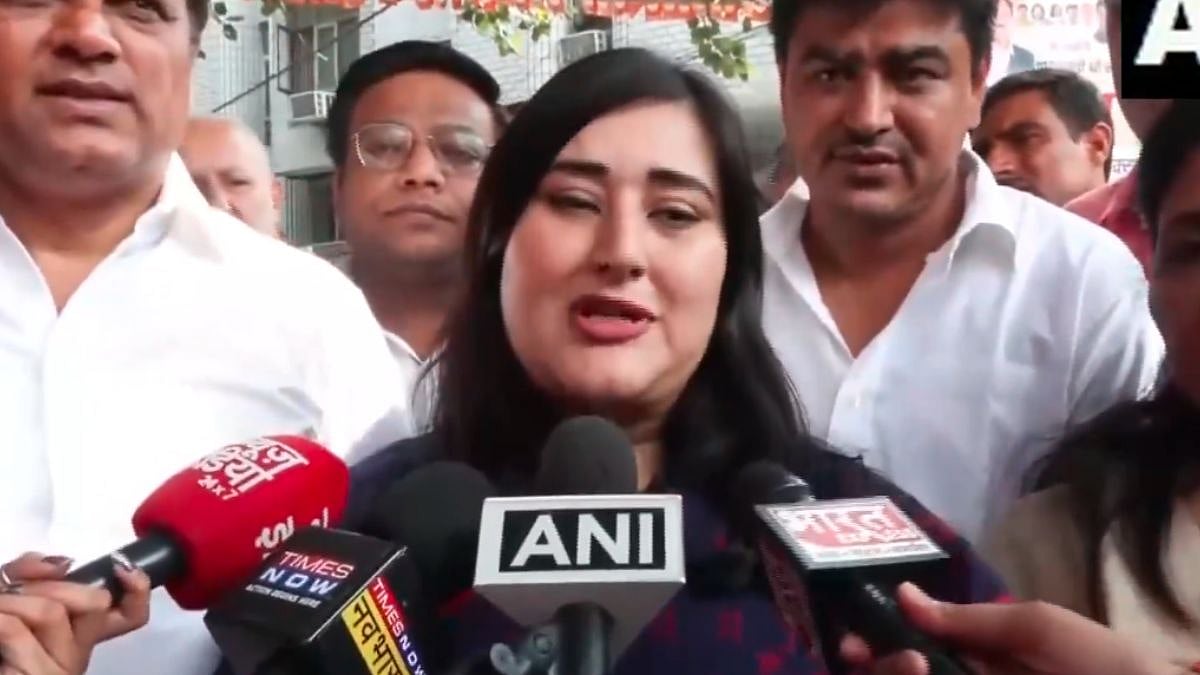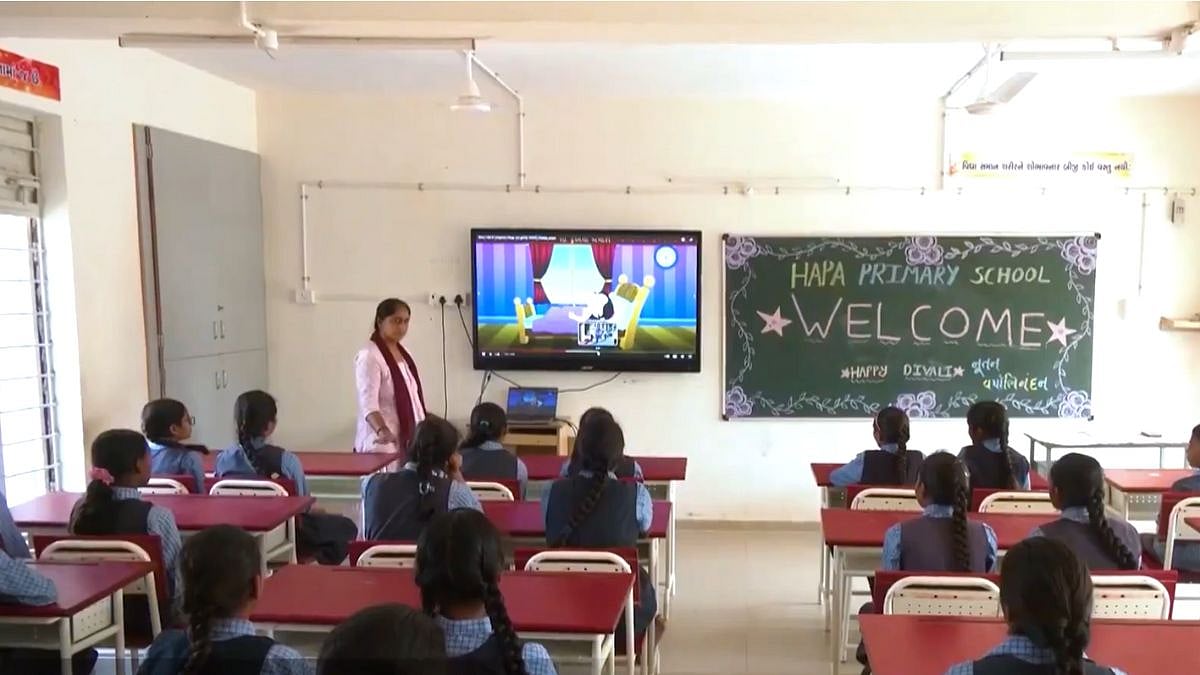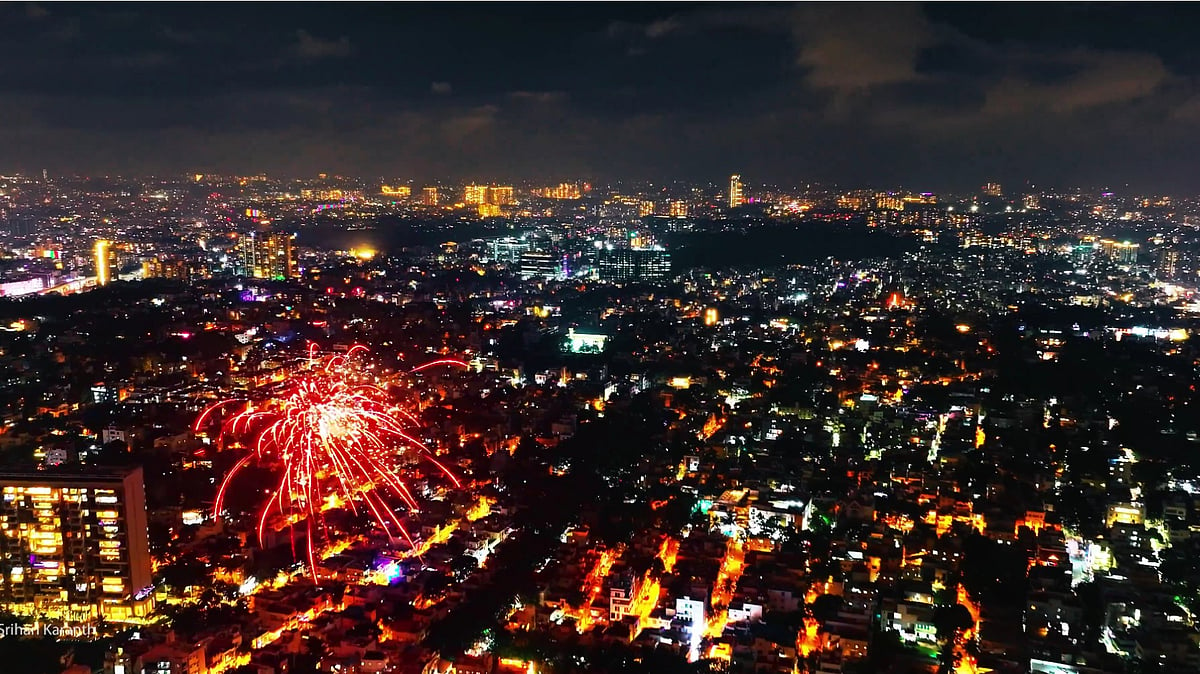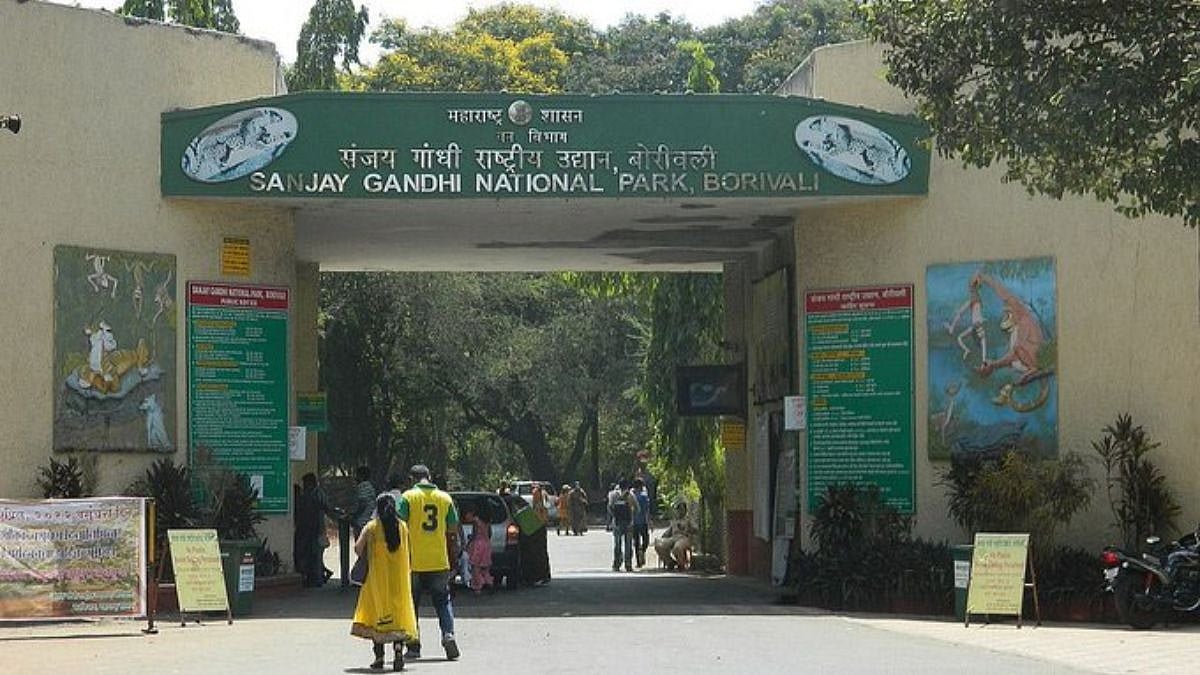Among the more tragic, yet uplifting, stories to come out of the Ukraine war, was the one on the soldiers of Snake Island. Carried by major, reputed Western news platforms, the news report told the stories of 13 Ukrainian soldiers who were defenders of the island in the Black Sea. Surrounded by the mighty Russian Navy and bombarded by the mightier Russian air force, they were given the option to surrender.
These brave men are supposed to have told the Russian attackers to go and get lost when asked to surrender. They died to a man under the onslaught of the Russian attack. The story was put out by the Ukrainian authorities. Ukrainian President Zelensky paid tribute to these heroes and spoke about their heroic death while announcing a posthumous award – “Hero of Ukraine” – for them. The story went viral worldwide. The sheer naked courage of the defenders touched most.
The story made most of us pause, as the real heroism of those fighting a larger, better-equipped army, came to the fore. Many of us said a silent prayer for the souls of these bravemen; others felt terribly shaken by it. And this would have been the story of a Hollywood film about heroic defenders of Snake Island, a few years from now, except for one thing. The story was mostly false. Yes, there were 11 soldiers on Snake Island. Yes, the Russians surrounded them with their navy and air force. But the men surrendered and are alive, albeit prisoners of war.
At most times, human beings believe what they are programmed to believe. If you live in India, you will believe that Pakistan and China have nefarious designs on our territory and sovereign integrity. If you lived in Pakistan or China, you would probably believe the same of India. And, for most of the West, the Russians are still the cruel, bad guys, dominated by a Stalinesque leader – who channelises their cruelty – for world domination.
And, therefore believing the report that the Russians slaughtered 13 soldiers to prove a point, was easy to believe. The casting of Russia and Russians as evil, has been so pervasive, and so old, that it is easy to revert to the cold war caricaturing of the Russians as evil. Ronald Regan had famously called the Soviet Union the “Evil Empire” and that is a tag that many still believe in. It doesn’t help Russia that Putin fits into all the stereotypes that have been laid down in the Western playbook for describing Russia — cruel, expansionist, and ruthless.
Therefore there is barely a murmur as Universities take a call on Dostoevsky — who wrote Crime and Punishment; or when the para Olympics association bans Russian athletes; and Russian restaurants, even those owned by non-Russians, are vandalised. We believe what we want.
There is enough and more academic research that correlates the spread of fake news to our predisposition to believe in a certain set of things. And the algorithms of social media platforms – especially Facebook and YouTube – keep feeding us with content that confirms our biases. There are enough and more studies that link these algorithms and what they recommend to extreme forms of radicalisation that end in violence and death.
The New Zealand shooter was radicalised by YouTube, as were ISIS recruits. Facebook is accused of spreading hate in India, and it is believed that in Brazil the far right party of Bolsonaro won on the back of skewed recommendations from Facebook, and fake news spread using it. In the context of the current conflict, it is useful to look at the building of hate against Ukraine in Russia using social platforms.
The convincing of the people of Russia that the Ukrainians are fascists out to destroy Russia. But this is not just random foreign nations who get manipulated by social media. A few days ago, a leading commentator put out information that suggested that the IndianPrime Minister had effected a 6-hour ceasefire between Russia and Ukraine to help Indian students evacuate. Before you could say "wow.
That is so cool", the story had gone viral. Every outlet carried it, till the External Affair Ministry of India – people who should know – denied it. We believed what we wanted to believe — that we belong to a nation so strong and beloved that warring parties will halt their battle to help our citizens go home to safety.
Lying in the middle of a war to give your side an advantage is not a new thing. It has existed as long as there has been war. We have all grown up hearing the famous story of Yudhishtira’s only lie, in the Mahabharat. Where he tricked Drona to believing that his son, Ashwatthama, was killed in battle. In fact, it was an elephant with the same name who was killed.
But that nuanced and calibrated lie – where Yudhishthira says Ashwatthama is dead, and then says under his breath, "I don’t know if it were the elephant or the man" – was enough to fell Drona and turn the battle slightly towards the eventual victors. That lie is still considered a lie thousands of years later.
Today’s lies are more powerful, because of the way they get amplified across the world. In a world where perception matters more than reality, social platforms boost lies and give them a life of their own. Each boost becomes a new source validating the lie. Years from now, we will read about the Snake Island sacrifice, with references and citations from ‘respected’ sources.
And, years from now we will read about how the Indian government halted the war, to bring home Indian students. Never mind if they are lies — it will become the truth if repeated often enough; and that is the biggest casualty of digital platforms’ war on truth. It is this assault that will need to stop, if we need to find long-term peace in the world.
(The writer works at the intersection of digital content, technology and audiences. She is a writer, columnist, visiting faculty and filmmaker)










